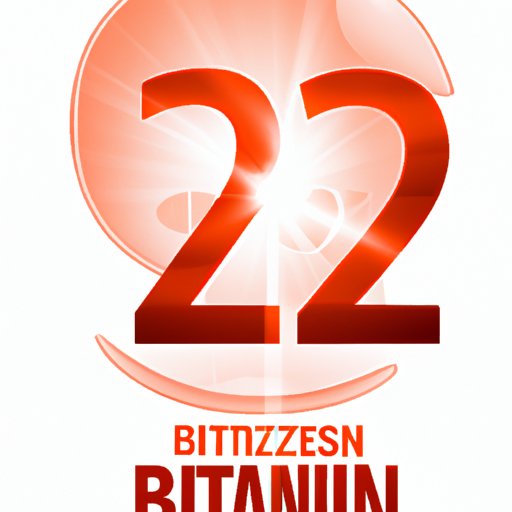Introduction
Vitamin B12, also known as cobalamin, is an essential vitamin that plays a vital role in many bodily functions. It helps your body make red blood cells, support nerve health, and convert food into energy. In this article, we’ll explore what vitamin B12 is used for, the benefits of supplementation, and how to ensure adequate intake.

Exploring the Role of Vitamin B12 in Metabolism and Energy Production
Vitamin B12 is a water-soluble vitamin that’s found naturally in animal products such as meat, fish, eggs, and dairy. It’s also available as a supplement. Vitamin B12 is important for metabolism, energy production, and the formation of red blood cells. It helps the body convert carbohydrates into glucose, which is then converted into energy. It also helps form fatty acids, which are essential for proper brain function.
Vitamin B12 also helps with DNA synthesis and the formation of red blood cells. It helps carry oxygen throughout the body and keeps your nerves healthy. A lack of vitamin B12 can lead to anemia, fatigue, memory loss, and other health problems.
What Foods Contain Vitamin B12 and How Much Do You Need?
The recommended daily allowance (RDA) for adults is 2.4 mcg per day. However, some people may need more, such as pregnant or breastfeeding women, vegans, and vegetarians. Vitamin B12 can be found in animal products such as meat, fish, eggs, and dairy. Fortified cereals, nutritional yeast, and fortified plant-based milks are also good sources of vitamin B12.
It’s important to note that the body can only absorb a certain amount of vitamin B12 at one time. That’s why it’s best to spread out your intake throughout the day. For example, if you’re getting most of your vitamin B12 from fortified cereals, you should aim to eat a serving in the morning, afternoon, and evening.
Vitamin B12 for Vegetarians and Vegans: Everything You Need to Know
Vegetarians and vegans are at a higher risk of vitamin B12 deficiency since they don’t consume animal products. If you’re following a vegetarian or vegan diet, it’s important to get enough vitamin B12 through fortified foods or supplements. Some plant-based foods, such as tempeh, miso, and seaweed, contain small amounts of vitamin B12, but not enough to meet your daily needs.

Vitamin B12 Deficiency Symptoms: What to Look For
A vitamin B12 deficiency can cause a wide range of symptoms, including fatigue, muscle weakness, anemia, neuropathy, and difficulty concentrating. If you’re experiencing any of these symptoms, it’s important to talk to your doctor to determine if a vitamin B12 deficiency is the cause. They may recommend supplementation or dietary changes to help ensure adequate intake.
Vitamin B12, Anemia, and Other Health Conditions: What’s the Connection?
A lack of vitamin B12 can lead to a number of health problems, including anemia. Anemia is caused by a lack of red blood cells, which are formed with the help of vitamin B12. Anemia can cause fatigue, pale skin, shortness of breath, and other symptoms. Vitamin B12 deficiency can also lead to nerve damage, depression, and cognitive decline.
Conclusion
Vitamin B12 is an essential vitamin that plays a vital role in many bodily processes. It helps with metabolism, energy production, and the formation of red blood cells. It’s found naturally in animal products such as meat, fish, eggs, and dairy, as well as fortified plant-based foods and supplements. Vegetarians and vegans are at a higher risk of deficiency and should take steps to ensure adequate intake.
Deficiency can lead to anemia, fatigue, neuropathy, and other health problems. If you’re experiencing any of these symptoms, talk to your doctor about testing for a vitamin B12 deficiency. Taking steps to ensure adequate intake can help prevent serious health problems in the long run.


